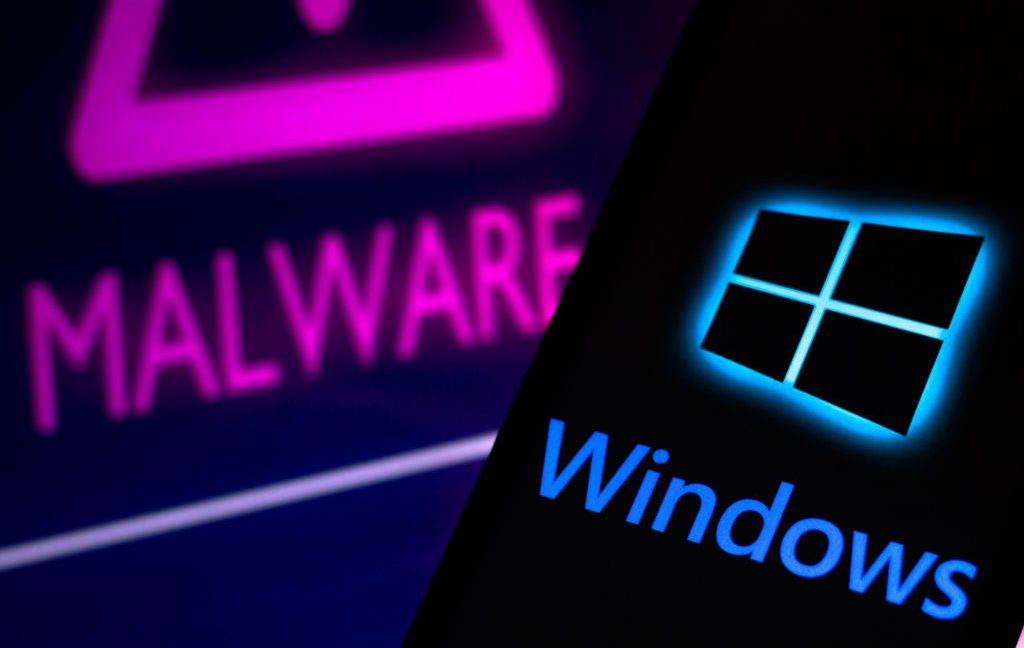
fcc to rescind ruling that said isps The Federal Communications Commission (FCC) is set to vote in November on a proposal to repeal a ruling that mandates telecom providers to enhance the security of their networks, following pressure from major Internet provider lobby groups.
fcc to rescind ruling that said isps
Background of the Ruling
In January 2025, the FCC adopted a declaratory ruling aimed at bolstering the cybersecurity measures of telecommunications carriers. This ruling was a direct response to increasing cybersecurity threats, particularly those attributed to foreign adversaries such as China. Notably, the Salt Typhoon infiltration, which targeted major telecom providers like Verizon and AT&T, underscored the urgent need for improved network security.
The ruling was grounded in the Communications Assistance for Law Enforcement Act (CALEA), a law enacted in 1994 that obligates telecommunications carriers to secure their networks against unlawful access and interception of communications. The Biden-era FCC interpreted CALEA as a framework that necessitated proactive measures to safeguard networks, especially in light of evolving cybersecurity threats.
Implications of the Repeal
The upcoming vote on November 20, 2025, to rescind this ruling has significant implications for the telecommunications landscape in the United States. FCC Chairman Brendan Carr has argued that the original ruling “exceeded the agency’s authority” and did not provide an effective or agile response to the relevant cybersecurity threats. This perspective raises questions about the balance between regulatory oversight and the operational flexibility of telecom providers.
By repealing the ruling, the FCC may be signaling a shift towards a more lenient regulatory environment for Internet service providers (ISPs). This could potentially lead to a decrease in the urgency with which telecom companies approach cybersecurity, especially given the increasing sophistication of cyber threats. The decision may also reflect a broader trend within the FCC to prioritize industry interests over regulatory mandates, particularly as the commission transitions to a Republican majority.
Stakeholder Reactions
The decision to repeal the ruling has elicited a range of reactions from various stakeholders, including telecom companies, cybersecurity experts, and consumer advocacy groups. Major telecom lobby groups, which have been vocal in their opposition to the January ruling, are likely to welcome the FCC’s decision. These groups argue that the regulatory requirements imposed by the ruling were overly burdensome and could stifle innovation within the telecommunications sector.
On the other hand, cybersecurity experts and consumer advocacy organizations have expressed concern over the potential rollback of security measures. They argue that the repeal could leave networks more vulnerable to cyberattacks, particularly from state-sponsored actors. The Salt Typhoon incident serves as a stark reminder of the risks associated with inadequate cybersecurity protocols. Experts warn that without robust regulations, ISPs may prioritize cost-cutting over necessary investments in security infrastructure.
Concerns Over Cybersecurity
The cybersecurity landscape is continually evolving, with threats becoming increasingly sophisticated and pervasive. Cyberattacks can have far-reaching consequences, affecting not only individual users but also national security and critical infrastructure. The decision to repeal the FCC’s ruling raises questions about the preparedness of telecom providers to defend against such threats.
In recent years, there have been numerous high-profile cyberattacks that have highlighted vulnerabilities within the telecommunications sector. These incidents have prompted calls for stricter regulations and enhanced security measures. The Salt Typhoon infiltration, which compromised the networks of major telecom providers, serves as a case study in the potential consequences of inadequate cybersecurity practices.
The Role of the FCC
The FCC plays a crucial role in shaping the regulatory framework for telecommunications in the United States. As the agency responsible for overseeing the communications sector, it has the authority to implement rules and regulations aimed at protecting consumers and ensuring the integrity of communication networks. The decision to repeal the January ruling reflects a broader ideological shift within the agency, as it moves towards a more industry-friendly stance.
Chairman Carr’s assertion that the original ruling did not present an effective response to cybersecurity threats raises important questions about the FCC’s approach to regulation. Critics argue that the agency’s focus on industry engagement and voluntary measures may not be sufficient to address the growing risks posed by cyber threats. The reliance on telecom providers to take “substantial steps” to strengthen their cybersecurity defenses may not guarantee the level of protection needed to safeguard consumer data and national security.
Future of Telecommunications Security
The future of telecommunications security in the United States hangs in the balance as the FCC prepares to vote on the repeal of the January ruling. The decision could set a precedent for how the agency approaches cybersecurity regulation in the coming years. If the repeal is approved, it may embolden telecom providers to adopt a more relaxed approach to security, potentially leaving networks vulnerable to future attacks.
Conversely, if the FCC were to maintain the ruling, it could signal a commitment to prioritizing cybersecurity in the telecommunications sector. This could lead to increased investments in security infrastructure and a more proactive stance against cyber threats. The decision will likely have lasting implications for both the telecommunications industry and consumers, as the balance between regulatory oversight and industry flexibility continues to evolve.
Conclusion
The FCC’s upcoming vote to repeal the ruling mandating enhanced security measures for telecom providers marks a pivotal moment in the ongoing discourse surrounding cybersecurity in the telecommunications sector. As the agency navigates the complex landscape of regulatory authority and industry interests, the implications of this decision will resonate throughout the industry and beyond. Stakeholders will be closely monitoring the outcome, as it will undoubtedly shape the future of telecommunications security in the United States.
Source: Original report
Was this helpful?
Last Modified: November 1, 2025 at 2:36 am
2 views















